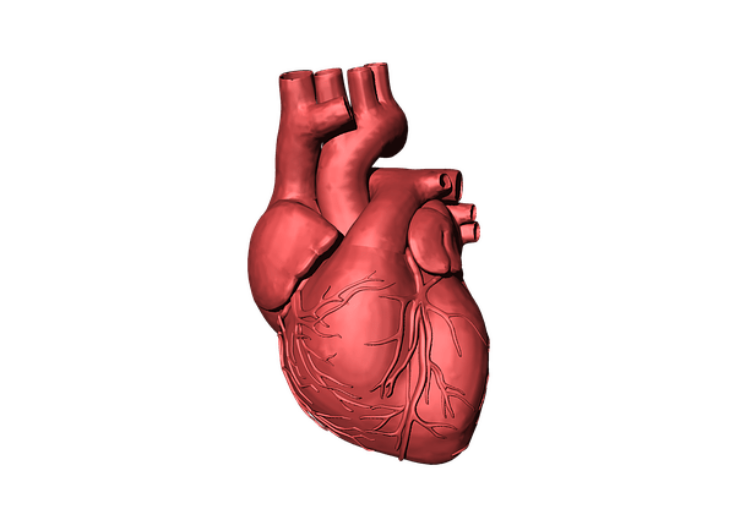CardioFlux is a magnetocardiograph (MCG) intended for the diagnosis of myocardial ischemia and infarction

Genetesis’ CardioFlux granted FDA Breakthrough Device Designation. (Credit: Reaper DZ from Pixabay.)
Medical technology firm Genetesis has won the US Food and Drug Administration (FDA) Breakthrough Device Designation for its CardioFlux imaging technology.
CardioFlux is an advanced magnetocardiograph (MCG), intended for the diagnosis of myocardial ischemia and infarction in patients with acute coronary syndrome symptoms.
The imaging technology is designed to leverage highly sensitive room temperature magnetometers to deliver non-invasive measurement of the naturally-generated magnetic fields in the heart.
Genetesis clinical, quality and regulatory affairs vice president Robert Sokolowski said: “We are very pleased with FDA’s vote of confidence that CardioFlux has the potential to meet a significant unmet clinical burden in emergency rooms throughout the country.
“We are looking forward to working with the Agency in making this groundbreaking technology available to the millions of patients who present with symptoms suggestive of acute coronary syndrome, and to make the patient and clinical experience that much better, safer and affordable as a result.”
CardioFlux is non-invasive, radiation-free diagnostic technology
For the Breakthrough Designation, CardioFlux’s demonstrated its potential for providing a safe, accurate, lower cost, and rapid diagnosis for non-ST elevated myocardial infarction (NSTEMI) in the emergency room.
CardioFlux is a completely non-invasive, radiation-free diagnostic scan that does not require pharmaceuticals or intravenous radioactive contrast agents.
The company claimed that its 90-second CardioFlux test is the most patient-centric solution for health care systems for the management of cost and quality of care for cardiac patients.
Genetesis intends to speed up the collaborative dialogue with the FDA for the regulatory approval and commercialisation of CardioFlux as a diagnostic modality.
CardioFlux was approved by the FDA in 2019 as a general tool to non-invasively measure and display the magnetic signals produced by the electric currents of the heart.
Wake Forest School of Medicine department of emergency medicine clinical research director Simon A Mahler said: “CardioFlux receiving Breakthrough Device Designation is an important step forward for patients presenting to Emergency Departments across the country with acute chest pain.
“Chest pain risk stratification continues to be one of our most expensive, radiation intensive, and time-consuming diagnostic burdens in the Emergency Department.
“The rapid approval process combined with reimbursement policy as part of this FDA Pathway will provide immediate access to this safe, noninvasive, and radiation-free diagnostic technology for our patients.”
